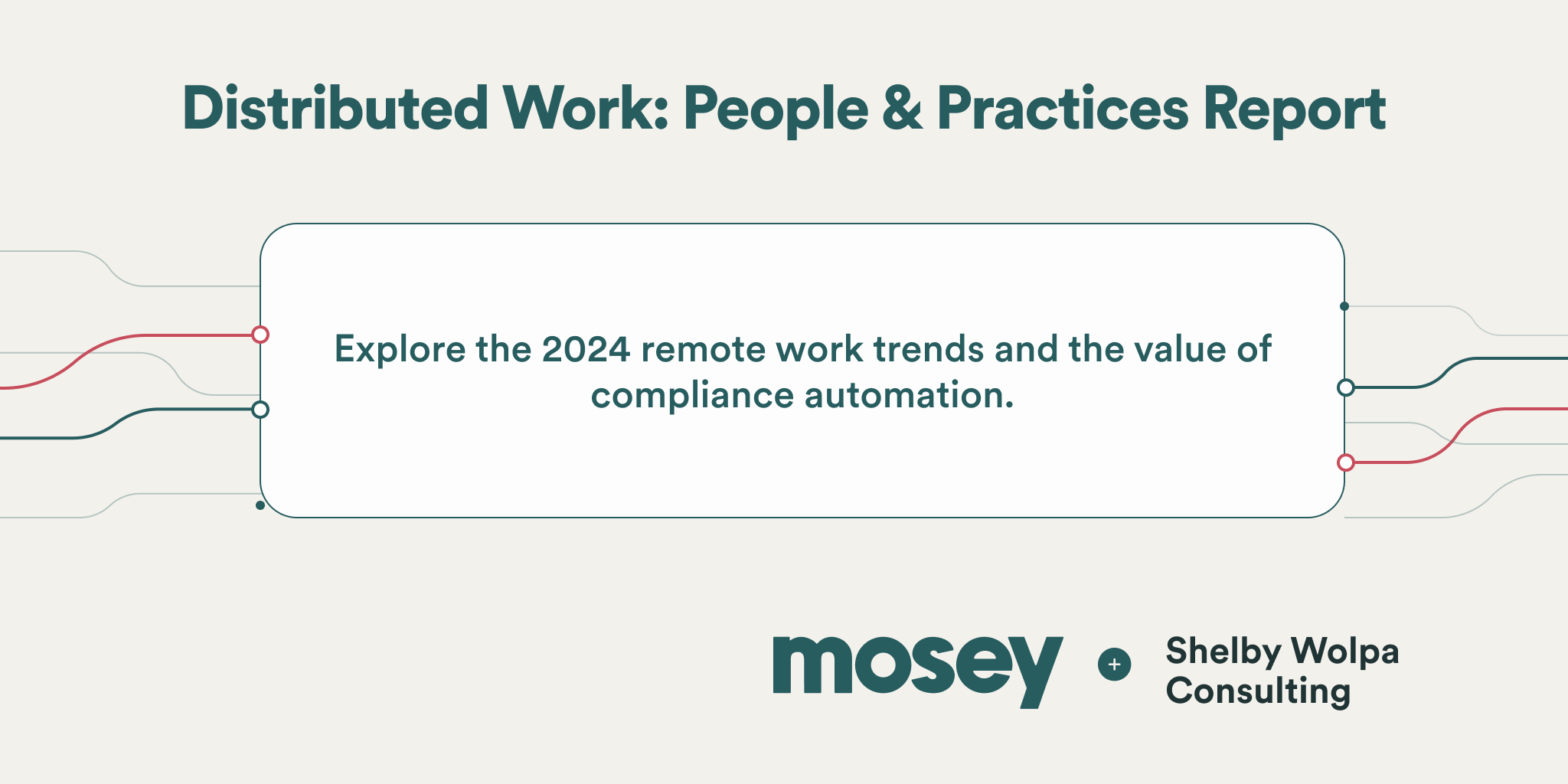Annual reports filed with the Secretary of State in Washington are official documents that provide a comprehensive overview of a business's financial performance and operations throughout the previous year. These reports are required by law and serve as a way for businesses to maintain transparency and accountability with the state government and the public.
There are 2 different ways to file an annual report in Washington depending on your legal entity type and tax classification. Follow the guide below to help you file your annual report with the Secretary of State in Washington or use Mosey to do it.
Use Mosey to automate annual reports in Washington.
Avoid the hassle of doing it yourself and use Mosey to automate foreign qualification, annual reports, and registered agent service.
Washington Annual Report for Corporation
Nonprofit organizations must file an Annual Report with the Washington Secretary of State by the last day of their registration anniversary month.
File Your Annual Report Online
Visit the Corporations and Charities Filing System, log in to your account, select “Business Maintenance Filings,” and then select “Annual Report” to file your annual report and pay the filing fee electronically.
Washington Annual Report for Professional Corporation, LLP, LLC, Corporation
All businesses must file an Annual Report with the Washington Secretary of State by the last day of their registration anniversary month.
File Annual Report
Filing an annual report with the Secretary of State keeps your business in compliance and good standing. The annual report can be filed online through the Washington Corporation and Charities Filing System, using the same login information you used to register with the Washington Secretary of State.
What else do I need to know?
There may be additional things you will need to do to maintain your "good standing" in the state including having a registered agent and other kinds of taxes.
Maintaining a Registered Agent
Most states require that you have a registered agent that can receive important mail from the Secretary of State should they need to contact you. There are many commercial options available or you can use Mosey to be your registered agent and keep your information private in Washington.
Other Taxes
In addition to maintaining a registered agent, maintaining your good standing can include additional taxes. This can include franchise tax, sales tax, or other state taxes. You can use Mosey to identify these additional requirements to maintain good standing in Washington.




